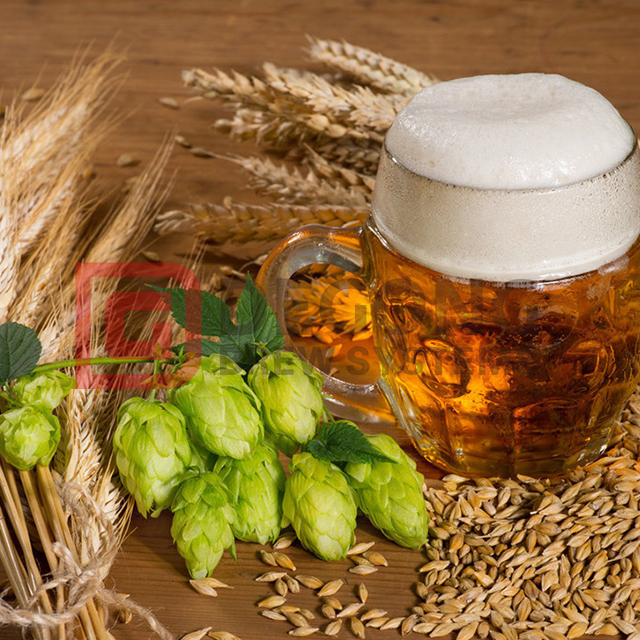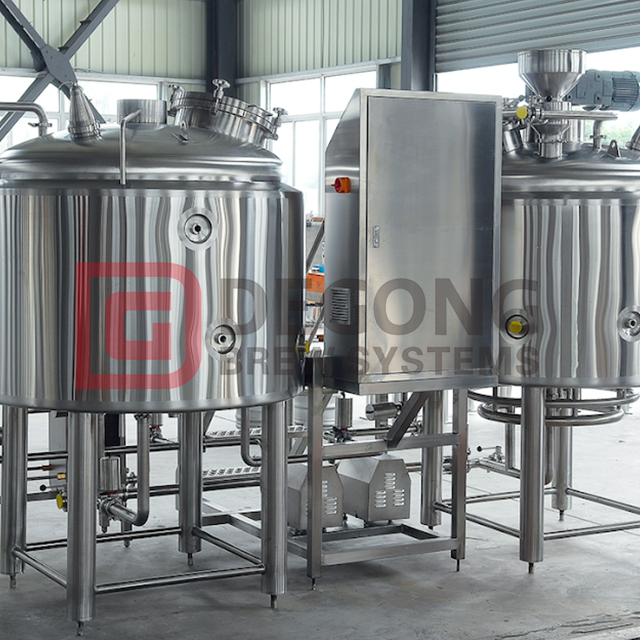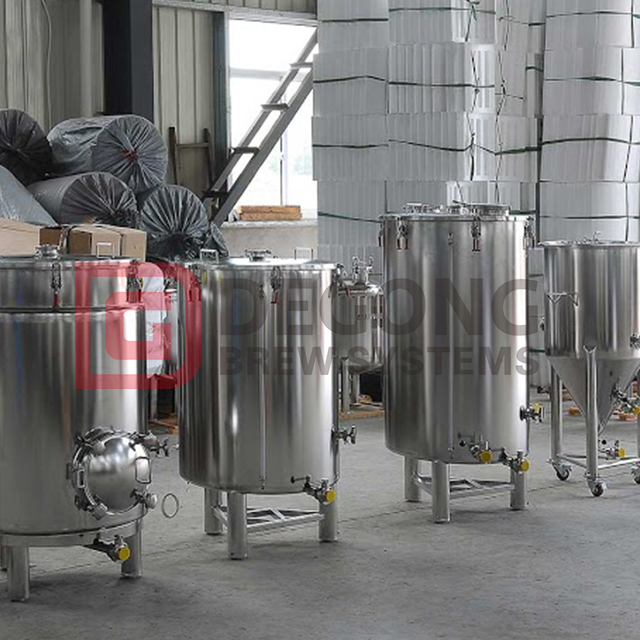Views: 8 Author: Site Editor Publish Time: 2025-04-15 Origin: Site
In the brewing process, several factors determine the final flavor of craft beer. Having a scientifically designed and efficient brewing system not only improves production efficiency, saves labor costs, and increases throughput, but also ensures the stability of the beer's flavor. Below are the critical factors that influence the flavor and quality of craft beer:
Malt is the key raw material in beer production, and its quality directly impacts the flavor of the beer. If the malting process is not well-controlled, it can lead to undesirable flavors in the beer such as mustiness, sourness, bitterness, etc. Over-dissolution of malt can result in darker beer with a bland taste. Therefore, selecting high-quality malt and ensuring the precision of the malting process is essential for a consistent and desirable beer flavor.

Hops provide beer with unique aromas and bitter flavors. Incorrect hop usage—such as excessive amounts, prolonged storage, or improper storage conditions—can cause undesirable rough, harsh bitterness in the beer. To maintain the best flavor, hops should be added at the right time, stored in a cold and sealed environment, and used within an optimal period to preserve their aromatic properties.
Yeast plays a crucial role in fermentation, and improper fermentation can result in off-flavors such as yeastiness. If the fermentation temperature is too high, if there is an excessive amount of yeast added, or if fermentation is incomplete, the beer may have a yeast-like flavor. To ensure the beer remains clean and fresh, it's essential to regularly discharge dead yeast from the fermenter, control fermentation temperatures, and rapidly cool down the beer after fermentation to prevent autolysis of yeast cells and undesirable off-flavors.
The mashing process directly affects the proportion of sugars and dextrins in the wort, which influences the body and mouthfeel of the beer. Incorrect control of mashing temperature and time can result in a beer with a thin body and an underwhelming taste. Over-pulverizing the malt, excessively long mashing times, or over-washing the grist can result in unbalanced bitterness in the beer. Precise temperature and time control during mashing is essential to achieving the right balance of sweetness and bitterness in the final product.
Fermentation temperature and time significantly impact the flavor of beer. Too high fermentation temperatures can lead to excessive yeast activity, producing unwanted by-products that affect the beer's clean and crisp flavor. Conversely, optimal fermentation temperature and time ensure that yeast ferment the sugars effectively, producing a clean beer with a balanced flavor. Additionally, post-fermentation treatments such as removing sediment and cooling the beer quickly are critical for maintaining the beer’s stability and flavor consistency.

Carbon dioxide (CO2) plays a vital role in the mouthfeel of the beer, contributing to its effervescence and crispness. It also helps prevent oxidation and microbial contamination, preserving the beer's freshness. The level of CO2 in beer is affected by factors such as the pressure in the fermentation vessel and the temperature of storage. Higher pressure and lower temperatures allow more CO2 to dissolve, enhancing the beer's smoothness and crispness. Insufficient CO2 can lead to a flat, dull beer with a poor mouthfeel.
The wort and beer liquid are ideal environments for microbial growth, and poor hygiene at any stage can result in contamination, leading to off-flavors. Different microorganisms can produce various flavors, such as sourness or spoilage, which can ruin the beer’s taste. For a consistent and high-quality product, the brewing process must follow strict sanitation protocols, and all equipment must be thoroughly cleaned and sterilized to prevent microbial growth.

Creating craft beer with exceptional flavor is not a simple task. It requires precise control over multiple factors, including the choice of ingredients, the brewing equipment, and the brewing process. From raw material selection to process control, every step in brewing impacts the final flavor of the beer. To produce stable, high-quality beer, it is essential to have reliable brewing equipment that allows brewers to monitor and control each variable effectively.
By maintaining strict process controls, yeast management, and sanitation standards, brewers can consistently produce beers with clean, crisp, and balanced flavors, ensuring that every batch meets the highest standards. This ensures that consumers enjoy the same high-quality, fresh, and flavorful beer every time.